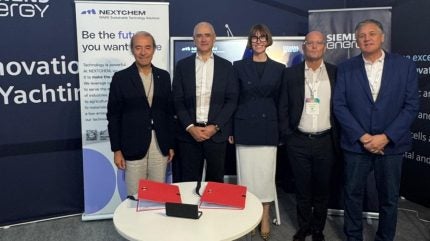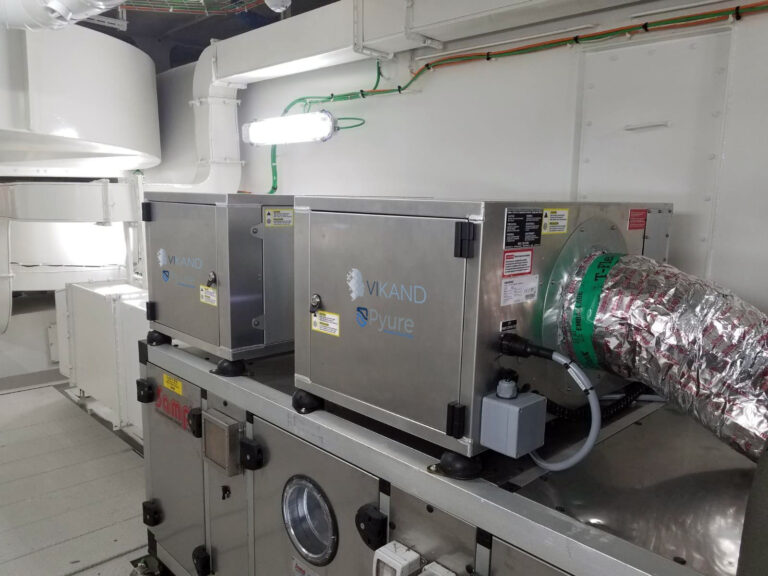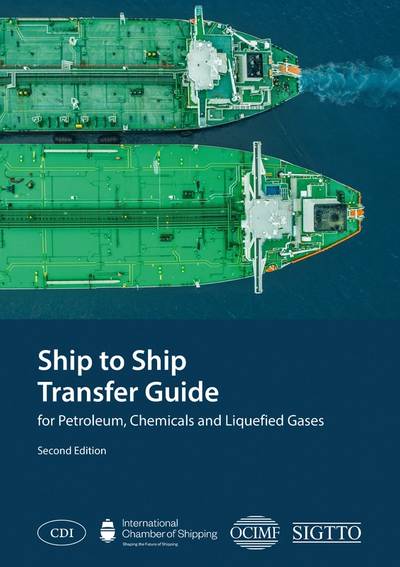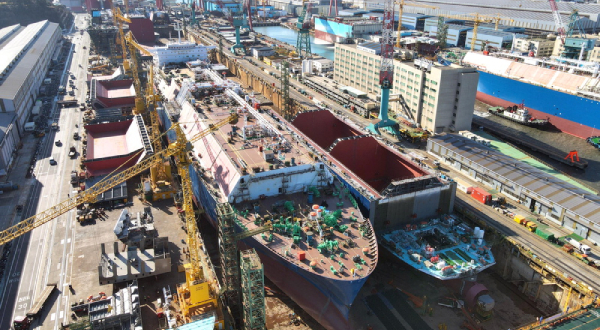

MAIRE subsidiary NextChem has partnered with Siemens Energy to design and deliver a modular high-temperature methanol fuel cell system for the maritime sector.
The companies have signed a memorandum of understanding for the development and commercialisation of the solution.
Discover B2B Marketing That Performs
Combine business intelligence and editorial excellence to reach engaged professionals across 36 leading media platforms.
The initial focus is on applications in the “high-end” yachting sector, with plans to expand to other areas in the maritime industry and related markets.
The installation of the new system at industrial scale is being planned for a flagship net-zero yacht currently under construction.
In this partnership, NextChem will manage the design and supply of the methanol fuel cell module.
Siemens Energy will contribute by integrating the technology into shipboard systems and managing electrification and energy operations.
The fuel cell system will use low-carbon methanol as a source to generate hydrogen for onboard power, which is intended to allow vessels to operate at net-zero emissions during both anchoring and propulsion.
The companies stated that this technology offers an alternative to marine diesel fuel, with the aim of reducing emissions of nitrous and sulphur oxides.
NextChem managing director Fabio Fritelli said: “With this highly efficient and modularised fuel cell solution NextChem will cover the entire value chain of low-carbon methanol, with a unique proposition capable to deliver best-in-class production technologies, while also unlocking additional methanol uses, thus, accelerating demand growth and the establishment of a broader low-carbon methanol economy.”
Beyond the initial yachting market, NextChem and Siemens Energy see potential for the methanol fuel cell module in other settings requiring net-zero power generation, including backup and baseload solutions for data centres, industrial processes, remote locations and off-grid installations.
Siemens Energy oil and gas and chemical solutions vice president Giuseppe Sachero said: “This development highlights the unique value of key players in the energy transition value chain. By working together, we capitalise on each other’s expertise and references in adjacent industries.
“Fuel cells are an integral part of the clean fuels technologies ecosystem, from electrolysis to electricity generation and storage, and are applicable in multiple industrial applications.”
Recently, Siemens Digital Industries Software partnered with Compute Maritime to launch an innovative ship design method utilising generative artificial intelligence (AI).
This collaboration seeks to integrate Compute Maritime’s NeuralShipper platform with Siemens’ Simcenter STAR-CCM+ software, improving the design and simulation processes for new vessels.



